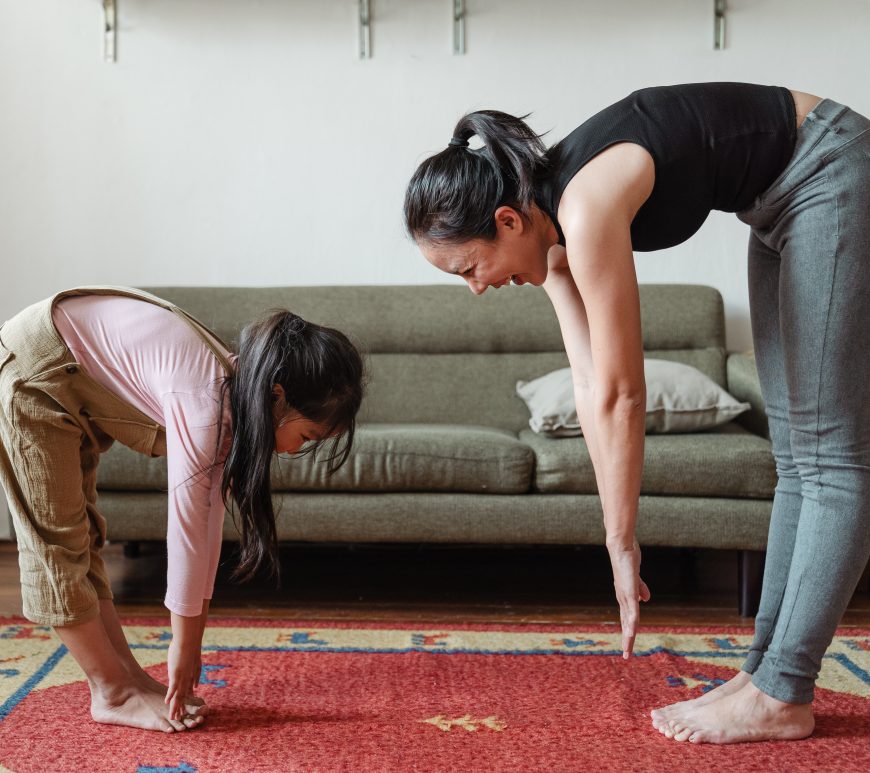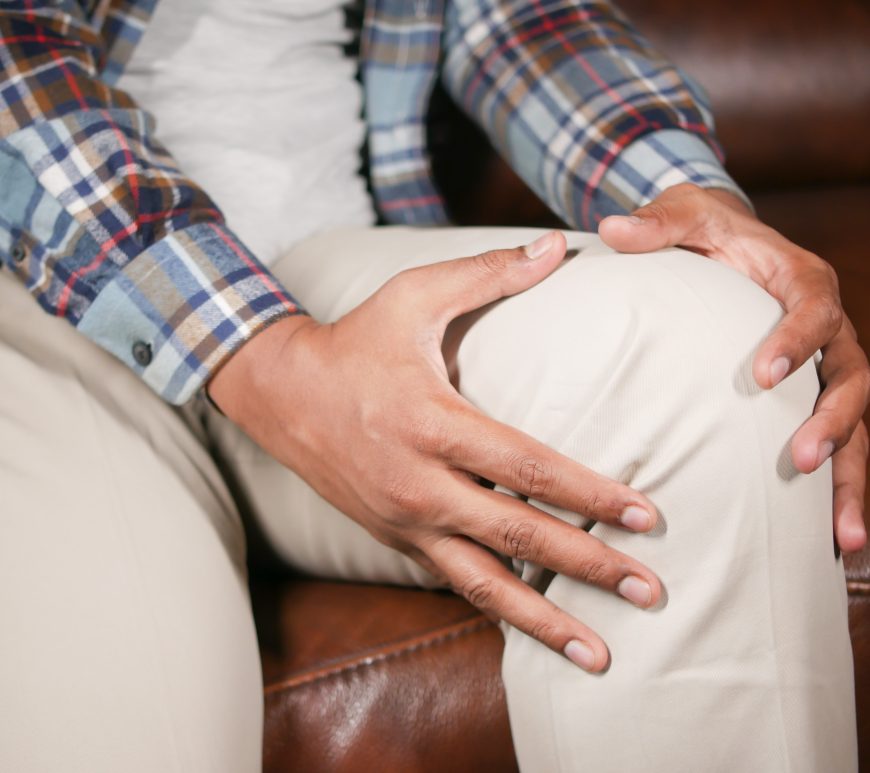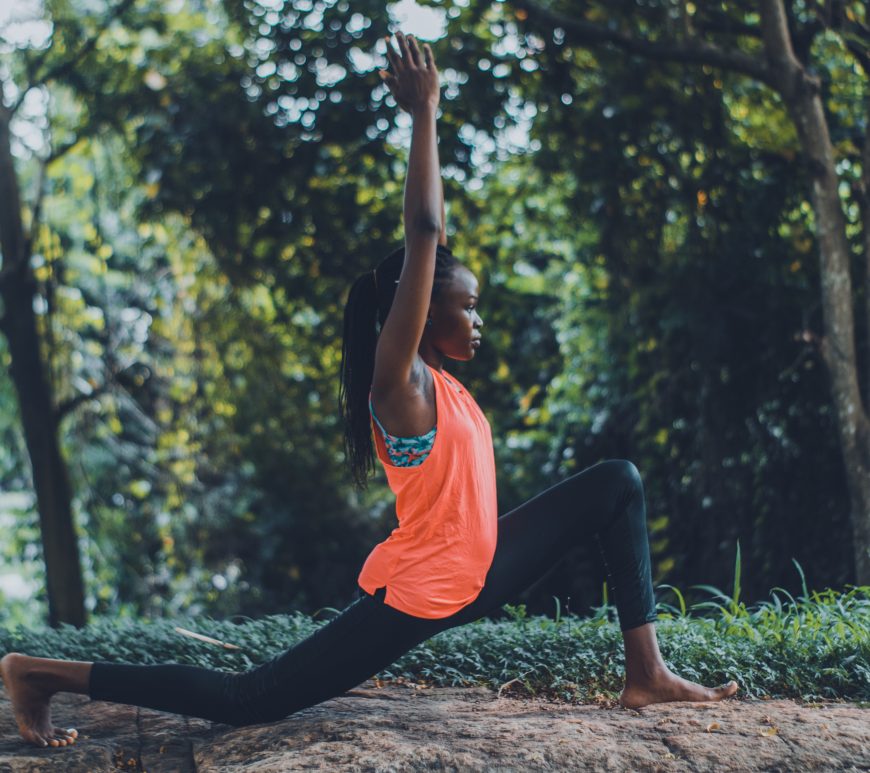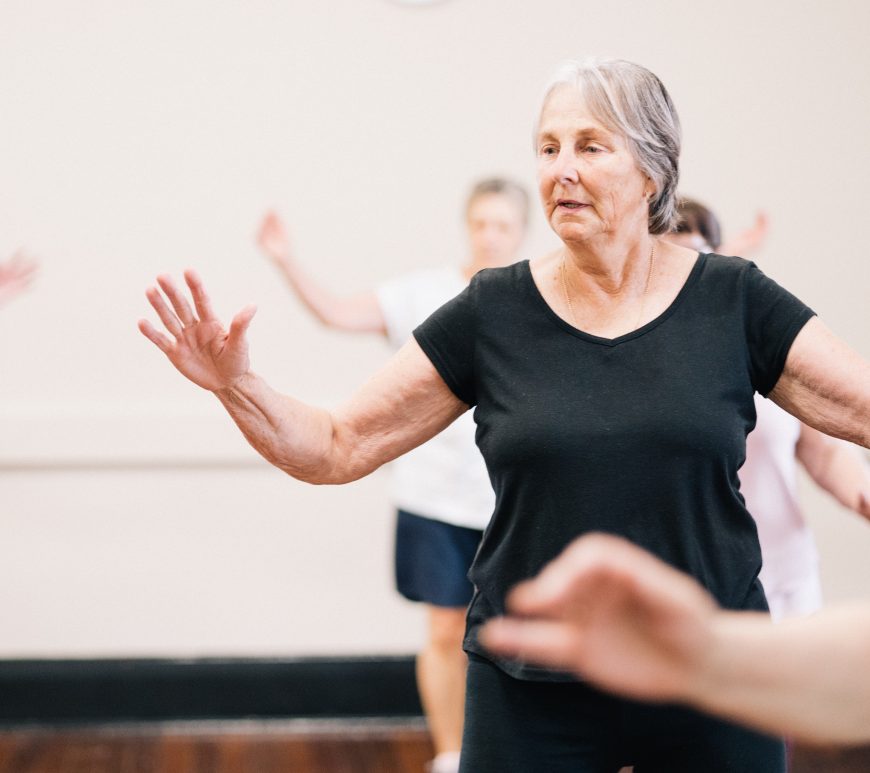
What are the effects of personalized exercise on menopausal symptom relief and quality of life?
In a recent study, the impact of a personalized exercise program on the quality of life of menopausal women was investigated. In 2006, Carmen Villaverde-Gutiérrez, et. al., aimed to shed light on the potential benefits of physical activity for women during the menopausal transition. Physical activity has long been associated with improved physical and mental well-being. However, despite the well-documented advantages of exercise, many older … Continue reading What are the effects of personalized exercise on menopausal symptom relief and quality of life?


